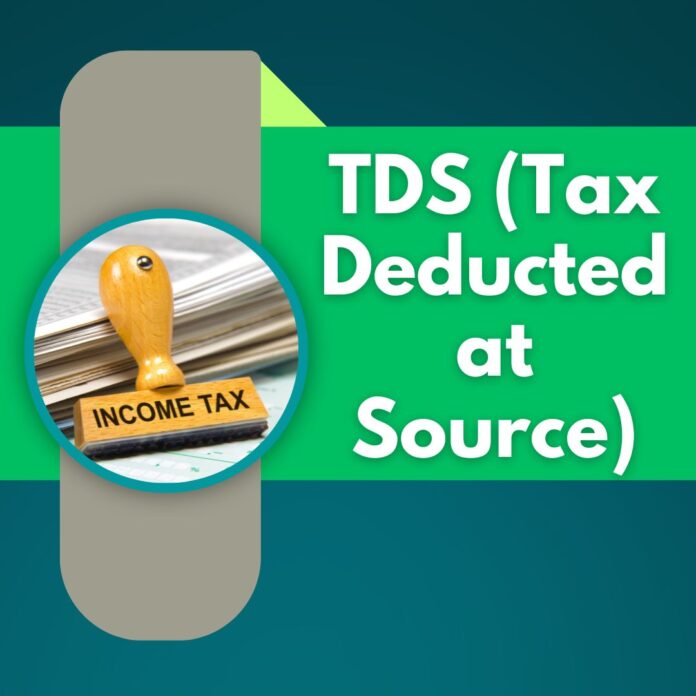Mutual Funds have become a popular investment vehicle among Indian investors owing to their diversification, ease of access, and professional management. However, while investing in mutual funds, it’s crucial to understand the tax implications associated with various mutual fund transactions like purchase, redemption, switch, dividends, interest income, and tax-saving investments such as ELSS (Equity Linked Saving Schemes).
In this article, we’ll discuss the complete taxation framework applicable to mutual funds in India under the Income Tax Act, 1961, with a special focus on ELSS, capital gains (STCG/LTCG), and date-wise holding periods.
| Transaction Type | Explanation | Tax Treatment | Section Applicable / Notes |
| Purchase of Units (incl. ELSS) | Buying mutual fund units (lump sum/SIP) | No tax on purchase | Lock-in period of 3 years applies to ELSS |
| Switchover (Scheme Change) | Switch from one mutual fund scheme to another (even within same AMC) | Treated as redemption + fresh purchase → Taxable as capital gain | Tax applicable depending on holding period before switch |
| Redemption (Non-ELSS) | Selling mutual fund units | Capital Gains Tax applies (STCG/LTCG) | Based on holding period |
| Redemption (ELSS) | After 3-year lock-in, allowed | LTCG applies if gains exceed ₹1.25 lakh/year → Tax @ 10% on or before – 22nd July 2024 Tax @12.5% from 23rd July 2024 | Sec 112A |
| Partial Withdrawal (ELSS) | Allowed only after 3 years from respective SIP/Investment | Same LTCG rules apply as redemption above | FIFO method applied |
| Short-Term Capital Gain (STCG) | Equity MF held < 12 months | Taxed @ 15% (Equity) on or before – 22nd July 2024 Tax @20% from 23rd July 2024 or slab rate (Debt) | Sec 111A for Equity; Slab for Debt |
| Long-Term Capital Gain (LTCG) | Equity MF held > 12 months; Debt MF held > 36 months | Equity: Gains > ₹1.25L taxed @ 10% on or before – 22nd July 2024 Tax @12.5% from 23rd July 2024. | Sec 112A (Equity |
| Dividend from MF | Payout received from MF schemes | Taxable in hands of investor as “Income from Other Sources” at slab rate | TDS @10% if dividend > ₹5,000/year (Sec 194K) |
| Interest Income (Debt Funds) | If received (e.g. FMPs or funds with payout option) | Taxable as Interest Income (rare in mutual funds) | Treated under “Income from Other Sources” |
| Deduction under 80C (ELSS) | Investment in ELSS fund (max ₹1.5 lakh) | Deduction allowed up to ₹1.5 lakh under Section 80C | Lock-in of 3 years is mandatory |
| Tax Saving on LTCG (Sec 54F) | Investing LTCG into house property (other than residential property) | Exemption available under Sec 54F, subject to conditions | Only for LTCG from assets other than residential house |
| Set-off of Capital Losses | If incurred capital loss | Short Term Loss → STCG/LTCG; Long Term Loss → Only LTCG | Carry forward up to 8 AYs (Sec 70, 71, 74) |
Understanding the tax implications on mutual fund transactions can help investors plan better and avoid unexpected tax liabilities. Whether it’s redeeming ELSS, making a scheme switch, or receiving dividends, each action can trigger a tax event under the Income Tax Act.
Make sure to keep proper documentation of investments, redemptions, and account statements for smooth tax filing and compliance. When in doubt, always consult a tax advisor or financial planner.
💬 Have Questions?
Feel free to reach out or drop your queries in the comment section. Stay tuned for more such simplified tax and investment insights!




